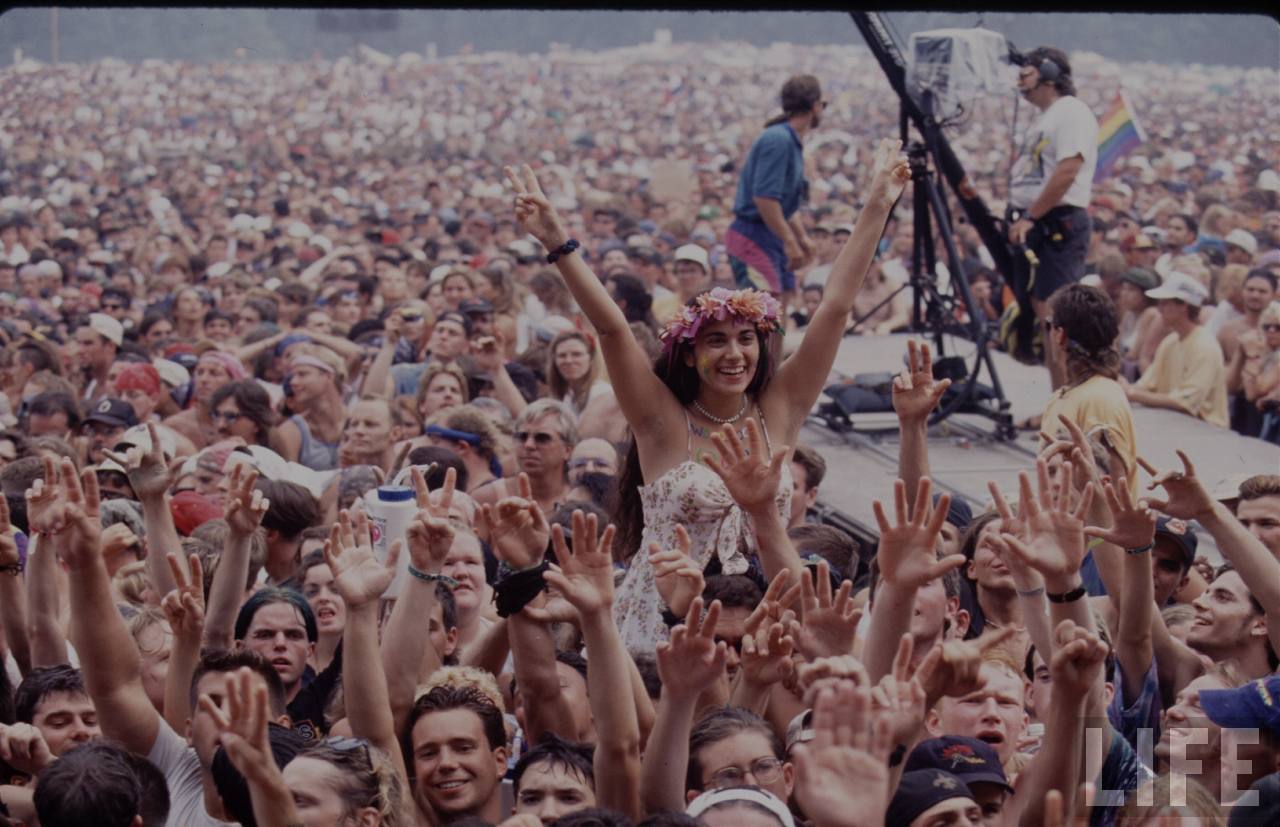When is music more than just a sensory experience?
What makes listening to music alone and going to concerts so different?
What makes listening to music alone and going to concerts so different?
For my fifteenth birthday, I went to a music festival with my best friend. At first, we were overstimulated by all the different stages, vendors, and attractions. We got lost among the hardcore metal and 'screamo' groups before finding our place among the more mainstream, popular groups. Seeing the contrasts between the crowds for different performers was a strange experience. My friend and I were confused as to how anyone could enjoy seeing a particular band called "Of Mice & Men" ( https://www.youtube.com/watch?v=IgMS8-vQ-qk ) It was all incoherent screaming, and while we ran away screaming from that stage with our ears plugged, there were people purposely there and dancing along to the harsh music. Our confusion surpassed varying musical taste; to us, the whole experience seemed violent and unpleasant. However, now that I understand the role of concerts as a ritual, the whole music festival makes a whole lot more sense. That tangle of bodies thrashing to violent screaming was a fulfilling religious experience for the concertgoers.
The meaning of music is more profound than just the enjoyment of pleasing sounds. Music is a vehicle for self-expression and identification. Music is a religious experience and concerts are its rituals. Livingstone describes the significance of rituals thusly: "Through its appeal to bodily movement, verbal chants and responses, and our multiple senses, ritual is symbolic in the most profound sense, for it 'brings together' the mind, the body, and the emotions, and at the same time, binds us to a community of shared values" ("Ritual", pp. 99). The stage is a sacred space, literally set apart from the audience. The musicians are leaders preaching a message that they identify with to a crowd that feeds off all aspects of the performance.
Of Mice & Men's audience weren't just 'moshing' and headbanging for the fun of it; the act in itself connects them symbolically to the musician's performance as well as the rest of the crowd. The concert wasn't about what they heard, but how they felt.

